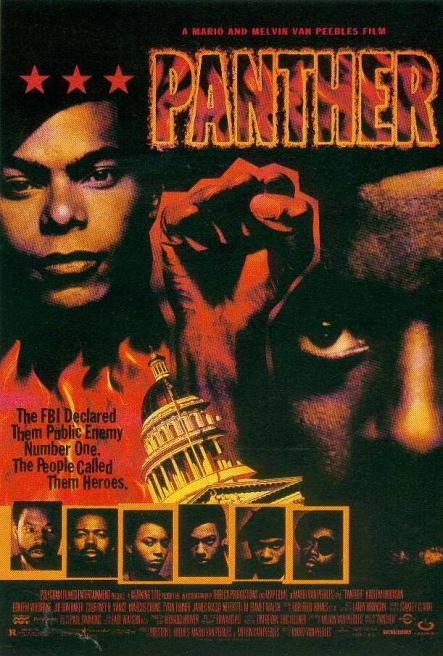

Panther hit theaters in 1995, and audiences were wary of what to expect. Mario Van Peebles, director of 'New Jack City' called it "edutainment" (New York Times).
The semi-autobiographical film was definitely a loaded gun-an uncomfortable distance away from Rodney King, the L.A. 'jungle', 'Do the Right Thing' or 1991's Crown Heights riots.
But Panther didn't intimidate everyone. Top Black talent invested in the film and showed support.
Rappers like Salt-N-Pepa, Queen Latifah and MC Lyte, singers like Aaliyah and Vanessa Williams, and actors across the Black political spectrum were a part of Panther.
Kadeem Hardison played the lead role ("Judge") after his debut on A Different World.
The progressive show centered Black college students in the early 90's. It tackled controversial topics like civil disobedience, censorship, Black male misogyny, sexism and even racism in education.
And like Panther, A Different World begged the question: what does it mean for the descendants of African slaves to be free? What is independence in an imperialist system?
Hardison played Dwayne, an intellectual growing more political and frustrated in our changing world.
A powerful scene unfolds below.
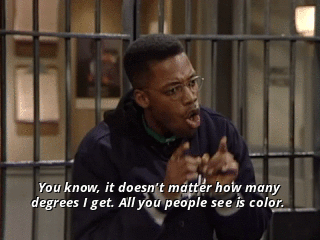
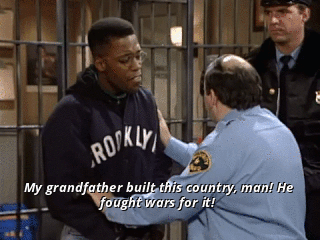
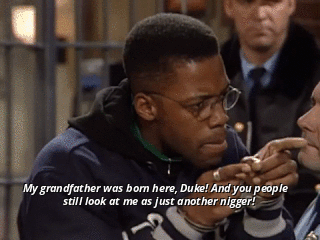
Who were these "militants" the film Panther illustrated? Were they violent, irrational radicals too jaded to bring true progress?

Some U.S. agencies suggested they aimed for the destruction of American freedom.
But that falsely assumes we are not chained in this current political system. Malcolm X wisely questioned the meaning of U.S. democracy in his famous "Who Are You?" speech.
"Democracy is hypocrisy. If democracy means freedom, why aren’t our people free?
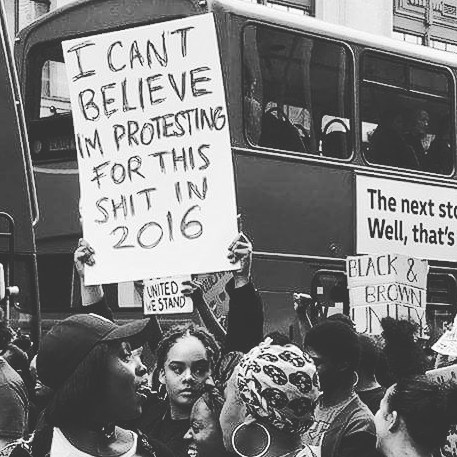
If democracy means justice, why don’t we have justice?
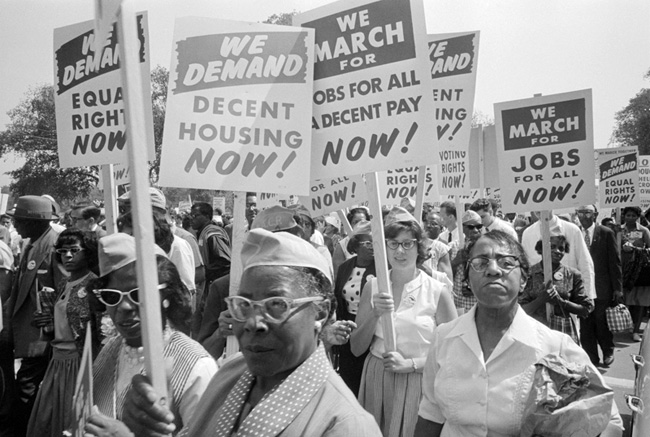
If democracy means equality,
why don’t we have equality?
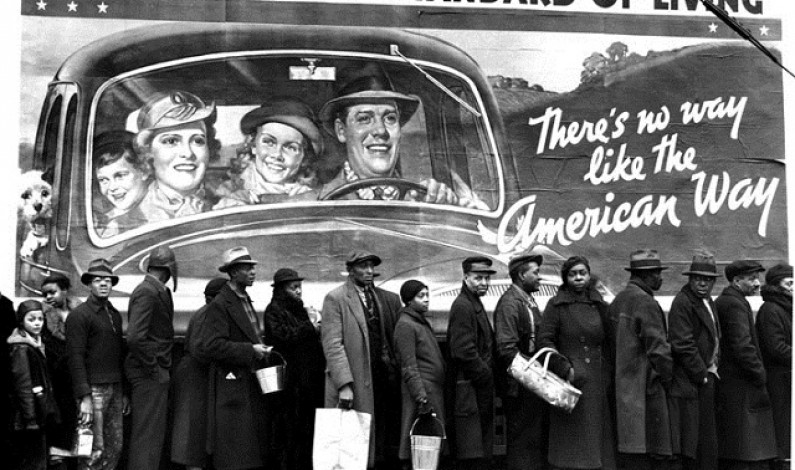
The state of America in 2016 looks a lot like back then.
Panther shows activists within past Black movements weren't 'crazy'. The radical party for its faults resisted America's chief policy and rule of violence: imperialism (Rolling Stone).
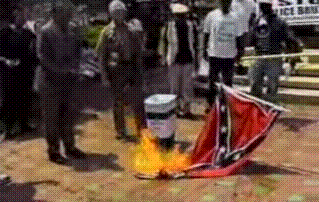
People's Organization for Progress burning a Confederate flag in Newark, NJ
2001.
Their ideology made sense. So did the Panthers' stress on self-sufficient communities, spiritual strength, Pan-Africanism, self-pride and anti-state violence.
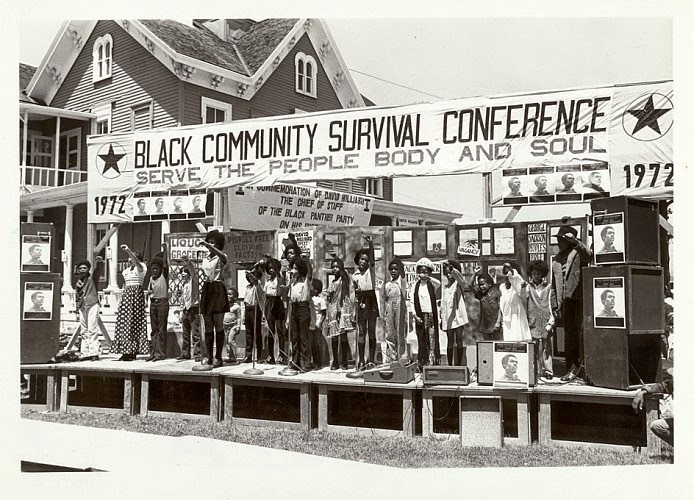
Black Panther Party Breakfast Program in Kansas City, 1969.
Black Panther
Survival Programs
Their Ten-Point Program afforded help in an environment
where it would otherwise never
come.
And their perspective spoke to a progressive society...a free Black, brown world where the 500-Year-War had finally ended.
If the poor and neglected, the Black woman, man and child could matter, could mobilize, real reform would follow. And they'd inspire other oppressed groups. Martin Luther King Jr. said he had the same dream, but spoke too soon.
"When a nation becomes obsessed with the guns of war, it loses its social perspective and programs of social uplift suffer." ("My Dream...")
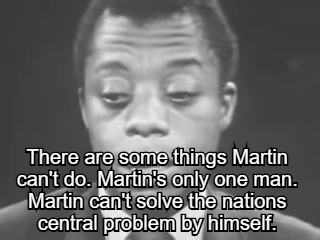
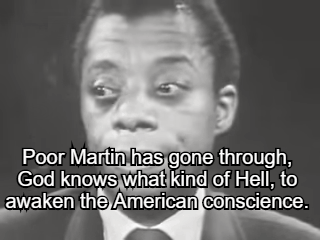
Panther adapted from Melvin Van Peebles' novel, which outlined the Black Panther Party's founding to decline (though liberties were taken). An eye-opening realism paints this cinematic tribute to Black resistance.
The Black Panthers rose from Oakland's anti-war and community activist network. Bobby Seale and Huey Newton created the party after Malcolm X's assassination the previous year.
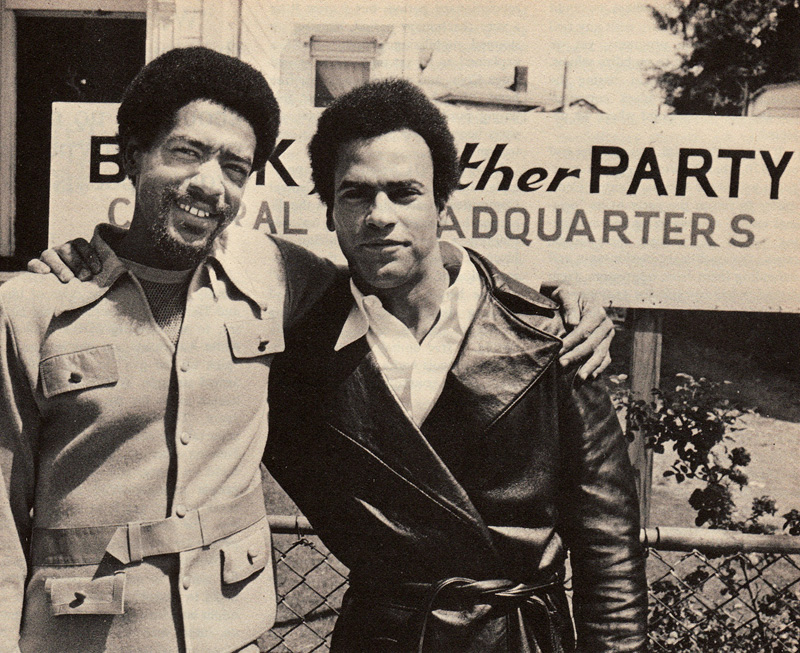
They were determined to better conditions for
working class, oppressed and long-suffering Black people.
Any time a ruling power is challenged, its critics are silenced. Did government agencies and corporate control destroy Black liberation efforts for racial equality?
Panther makes the case, so have Chris Hedges, Michelle Alexander, former Panther Eddie Conway, etc. This 1968 memorandum from G.C. Moore (Chief of Racial Intelligence) to William Sullivan (Assistant Director of Domestic Intelligence) lays out FBI intentions to disrupt Black nationalism.
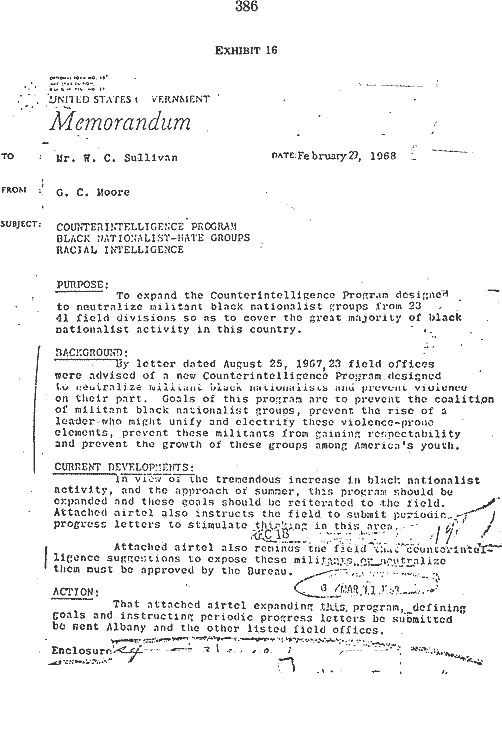
COINTELPRO: The Untold American Story is a
composite document
by several scholars and activists: Noam Chomsky, Ward Churchill,
Kathleen Cleaver, Bruce Ellison, Paul Wolf and Howard Zinn among notable others.
The Congressional Black Caucus presented it to U.N. Conference Against Racism in 2001 (CLDC). See also Agents of Repression (Churchill, Vander Wall, 2001).
And was BPP leadership all male? No way. Afeni and Assata Shakur, Angela Davis, Ericka Huggins and Tarika were essential to the Black Panther Party's success.
She championed her legal trial against an unjust prosecution, saved her fellow Panthers from jail, was mother to a hip-hop revolutionary: Tupac Shakur.
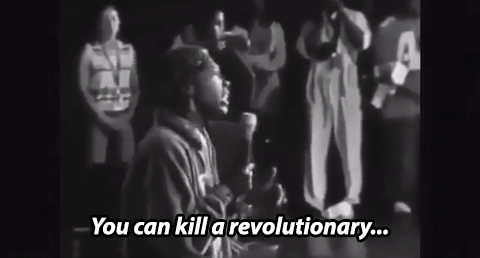
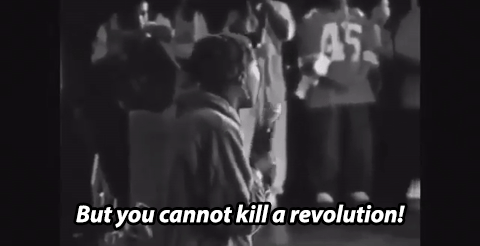
"Because of the way this society's organized, because of the violence that exists under the surface everywhere, you have to expect that there are going to be explosions."
"I advocate an end to capitalist exploitation, the abolition of racist policies, eradication of sexism and elimination of political repression. If that is a crime, then I am totally guilty."
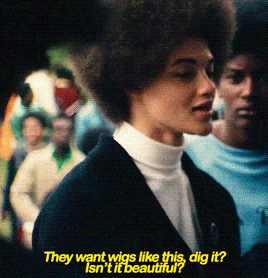
"My place is in the revolution. No one ever asks what a man’s place in the revolution is."
Black revolutionary women are powerful contributors to 'Fighting the Power'.
Panther's theme song speaks for itself. It's about FREEDOM. We arise as one.
I look from the 1960's to today.
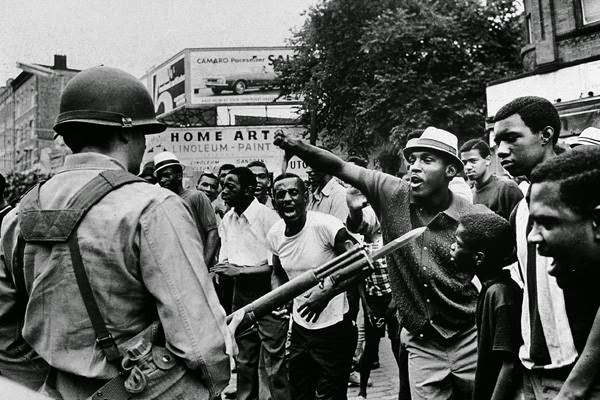
The present's full of chaotic forces and aggression out of control.

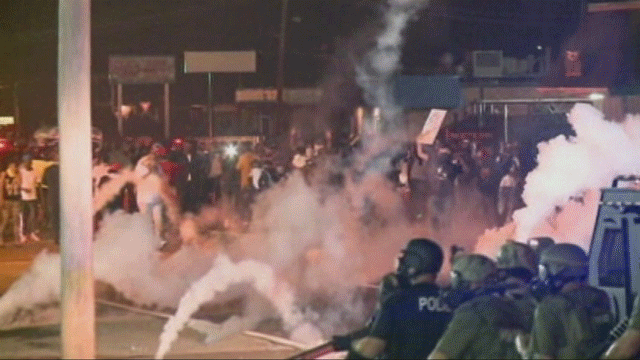
Freedom from financial
oppression, the debt
and war
economy,
unnatural unhealthy systems is coming. Are you
ready?